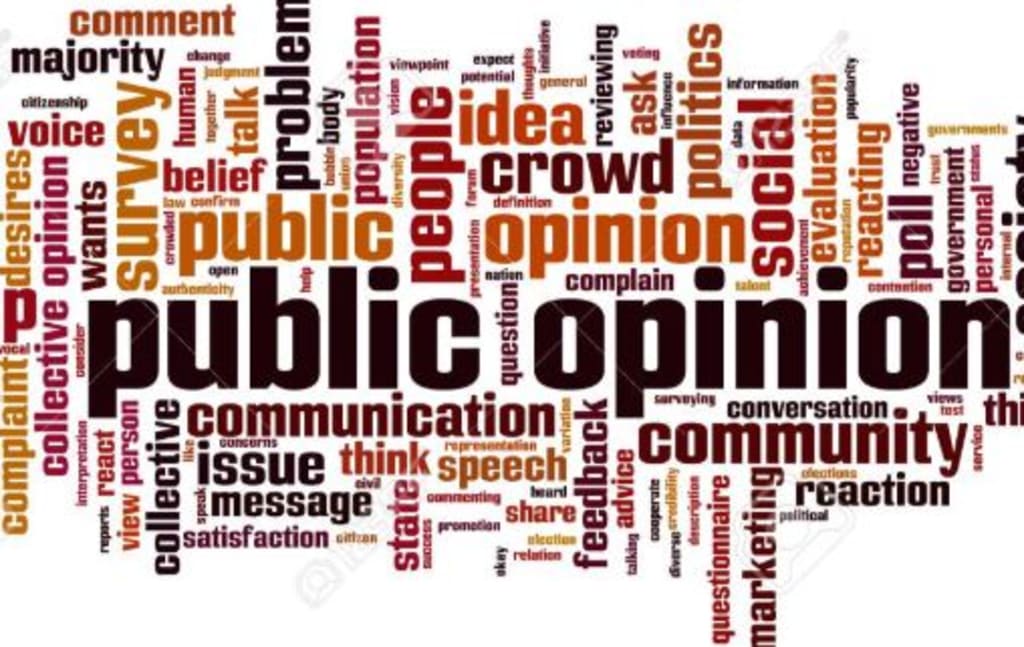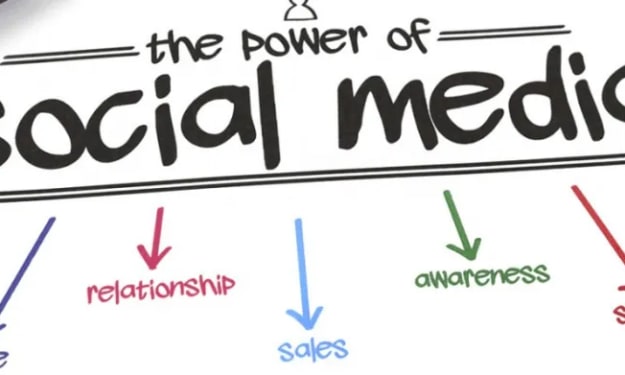The Role of Social Media in Shaping Public Opinion
Social Media

The Role of Social Media in Shaping Public Opinion:
In the digital age, social media has emerged as a powerful tool that has revolutionized the way we communicate, share information, and express our opinions. With billions of people actively using platforms like Facebook, Twitter, Instagram, and YouTube, social media has become an integral part of our daily lives. Along with its widespread adoption, social media has also played a significant role in shaping public opinion. In this article, we will explore the various ways in which social media influences public opinion and the implications of this phenomenon.
One of the key factors that make social media so influential is its ability to provide a platform for individuals to express their thoughts and opinions freely. Traditional media outlets have long dominated the narrative, but social media allows ordinary people to become content creators, amplifying their voices and sharing their perspectives on a global scale. This democratization of information has enabled individuals to engage in conversations and debates that were previously inaccessible to them. Consequently, social media has given a voice to marginalized groups and empowered them to advocate for their rights, challenge existing power structures, and highlight social issues that may have been overlooked.
Moreover, social media has facilitated the rapid dissemination of information, making it easier for news to reach a broader audience. With just a few clicks, users can share news articles, videos, and personal experiences with their networks, ultimately leading to a faster spread of information than traditional media channels. This immediacy has both positive and negative implications. On one hand, it allows for the swift dissemination of vital information during times of crisis or emergencies. For example, during natural disasters or political unrest, social media has been instrumental in coordinating relief efforts, sharing safety instructions, and mobilizing communities. On the other hand, the rapid spread of unverified or misleading information can lead to the proliferation of fake news and misinformation, potentially causing confusion and influencing public opinion based on inaccurate or biased narratives.
Social media platforms are also designed to create echo chambers and filter bubbles, where users are exposed to content that aligns with their existing beliefs and interests. Algorithms analyze users' preferences and behaviors to curate personalized content feeds, showing them more of what they like and agree with. While this personalized experience enhances user engagement and satisfaction, it also reinforces existing biases and limits exposure to diverse perspectives. This phenomenon can contribute to the polarization of public opinion, as individuals become more entrenched in their own ideological bubbles and less open to considering alternative viewpoints.
Furthermore, social media has become a breeding ground for online activism and social movements. Hashtags and viral campaigns have sparked global conversations and raised awareness about critical social issues such as #MeToo, #BlackLivesMatter, and #ClimateAction. Activists and organizations leverage social media platforms to rally support, mobilize communities, and drive real-world change. The ability to connect with like-minded individuals and find solidarity online has led to the formation of virtual communities that transcend geographical boundaries. However, it is important to note that online activism should be accompanied by tangible offline actions for lasting impact.
Another aspect of social media's influence on public opinion lies in its role as a surveillance tool for governments and corporations. The vast amount of personal data shared on social media platforms can be analyzed to track user behavior, preferences, and sentiments. This data can then be used to shape political campaigns, consumer behavior, and even public policy. The potential for manipulation and exploitation raises concerns about privacy, security, and the ethics of data collection and usage.
In conclusion, social media has emerged as a powerful force in shaping public opinion. It has given individuals a platform to express their opinions, share information rapidly, and engage in meaningful conversations. However, it also has the potential to perpetuate echo chambers, spread misinformation, and raise privacy concerns. As users of social media, it is crucial to be critical
consumers of information, seek diverse perspectives, and fact-check before forming opinions. Similarly, policymakers, technology companies, and society as a whole need to address the challenges posed by social media and work towards creating a more informed, inclusive, and responsible digital ecosystem.
About the Creator
Reader insights
Outstanding
Excellent work. Looking forward to reading more!
Top insights
Compelling and original writing
Creative use of language & vocab
Easy to read and follow
Well-structured & engaging content
Excellent storytelling
Original narrative & well developed characters
Expert insights and opinions
Arguments were carefully researched and presented
Eye opening
Niche topic & fresh perspectives
Heartfelt and relatable
The story invoked strong personal emotions
Masterful proofreading
Zero grammar & spelling mistakes
On-point and relevant
Writing reflected the title & theme





Comments (1)
nice work